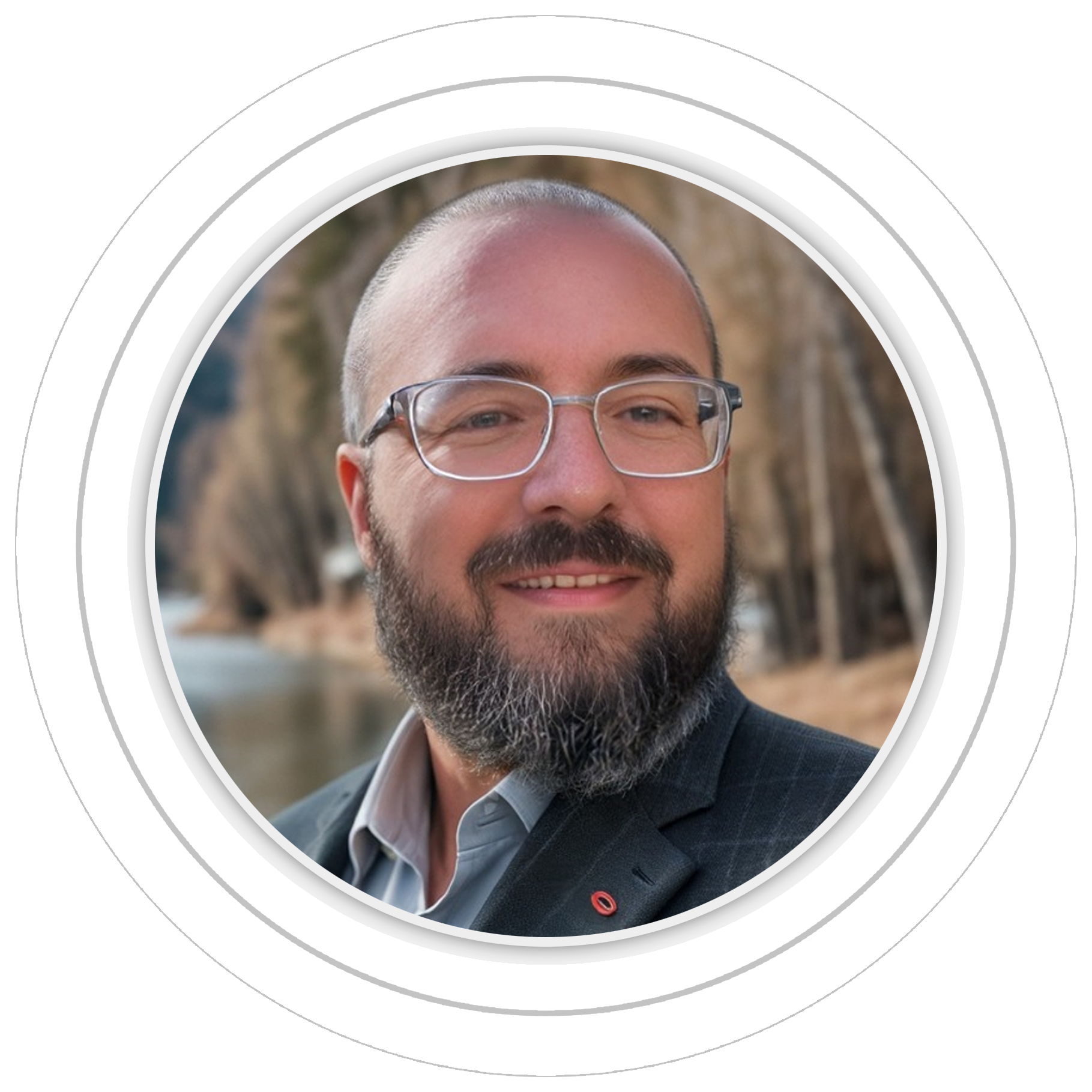MAKING YOUR DREAM HOME A REALITY, TOGETHER.
Simon Rhea is a mortgage specialist devoted to ensuring your home purchase or refinance process is exceptional.
- Navigate the mortgage maze with ease
- Secure the ideal loan for your circumstances
- Get your keys sooner with streamlined processing
Mortgage Calculators
- How much home can I afford?
- What should my down payment be?
- Should I refinance my mortgage?
Check out our mortgage calculators.
What's the Right Mortgage for Me?
Discover a loan that’s perfect for your unique situation.
Contact Me
- Not sure where to start?
- Looking for some advice?
- Just prefer that personal touch?
Reach out to me, I’ll be happy to help and answer any questions.
F.A.Q.
Pre-Qualification vs Pre-Approval?
When your mortgage advisor offers a pre-qualification, they’re providing an approximation of your capacity to purchase a home, considering elements like your credit score and information provided by you. This preliminary evaluation helps in identifying the most appropriate loan program and estimating your potential borrowing limit.
Pre-approval solidifies your borrowing ability by thoroughly reviewing your income and asset documents. Once pre-approved, you can confidently explore purchasing a home. If pre-approval is not attainable, your advisor can offer guidance on enhancing credit scores, reducing debt, or addressing other financial hurdles hindering home ownership.
What are the qualification requirements to get a mortgage?
These are the main three contributing factors when qualifying for a mortgage:
- Credit Score – All loan programs have a minimum credit score requirement in order to qualify. Higher credit score generally means lower interest rates.
- Down Payment – Some loan programs require you to make a down payment. Generally speaking, the requirement is a percentage of the total loan amount.
- Debt-to-Income ratio (DTI) – Your debts are only allowed to make up a certain percentage of your income.
How much of a down payment do I need?
Down payments will vary depending on the type of loan. For example, conventional loans typically look for 20% down. You can put less down money, but you would be required to pay private mortgage insurance (PMI).
Other loan types can require smaller down payments. Federal Housing Administration loans only require 3.5% down, while the US Department of Veterans Affairs (VA) loans might not require any down payment at all.
How much money will I need for closing costs?
It is essential to plan for various out-of-pocket costs such as an appraisal, title insurance and other costs depending on your specific loan situation. Some sellers will pay for some, or all, of your closing costs. Contact me to verify costs for your specific scenario.
Should I get a 15-year or 30-year mortgage?
Ultimately, this will be up to you. While a 15-year mortgage will save you a lot of money on interest over the life of the loan, the monthly payment will be higher than the 30-year mortgage. A 30-year mortgage will allow you to move into a nicer home and still be able to afford the monthly payments. I can help you compare the pros and cons of both options specific to your situation.
Are there special options to use the equity in my home if I'm 62 or older?
Yes! Glory Mortgage offers reverse mortgage options to qualified borrowers 62 or older for this purpose. A Reverse Mortgage, or Home Equity Conversion Mortgage (HECM), allows borrowers to tap into their home’s value and possibly become more financially secure to maintain quality of life through retirement.
Should I refinance?
Glory Mortgage may be able to help you refinance your home, depending on your current rate and length of time you’ve owned your home. If the time is right to lock in a better mortgage rate, you can switch from an adjustable rate to a fixed rate, or take advantage of a new, lower rate with our refinance loans.
What if I'm looking to buy a home that needs some repairs?
Glory Mortgage offers renovation loans, including FHA 203k and Fannie Mae HomeStyle programs, to help homebuyers get a single loan for both purchase and renovation costs. Any of these renovation loan programs can:
- Help you improve or upgrade your home before move-in
- Save your loan approval by increasing the value of a worn down or neglected property
- Save you from separate financing for home purchase and renovation costs
- Increase the value of the property, improving your equity investment
Is buying better than renting?
In most instances, yes! The truth is, renting doesn’t provide a means to recover your expenses. Purchasing a house means you’re making consistent strides towards full ownership. Once your mortgage is fully repaid, you won’t have recurring payments, which renting doesn’t offer. Furthermore, selling your property can result in a return on your investment.
What if I have more questions?
Please don’t hesitate to call me or email me. Buying a home is likely one of the largest purchases you’ll make in your lifetime. I stand by fully educating and arming my borrowers with all the knowledge necessary so that you can comfortably and confidently purchase your dream home. Contact me.
What People Are Saying

Simon Rhea
Mortgage Loan Originator
NMLS #2542235
(276) 229-6541
srhea@glorymortgage.com
Wondering how much home you can afford? Let’s talk about your next move!
Located in Oldsmar, Florida. Proudly serving all of Florida.

